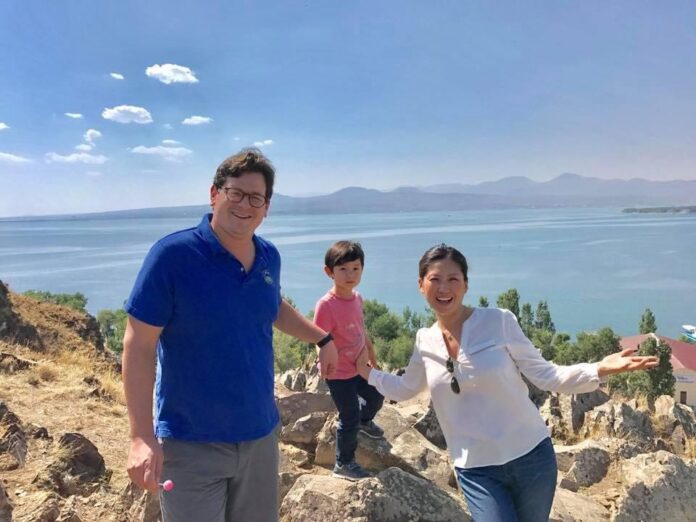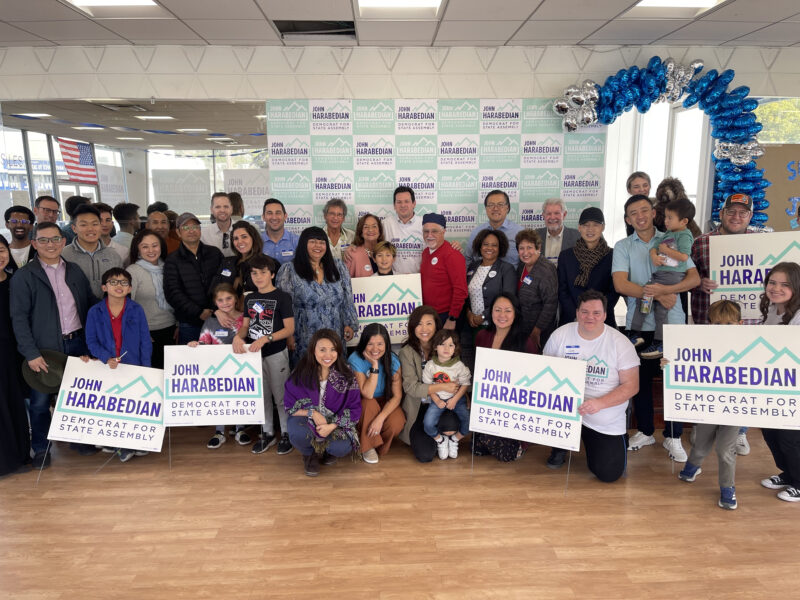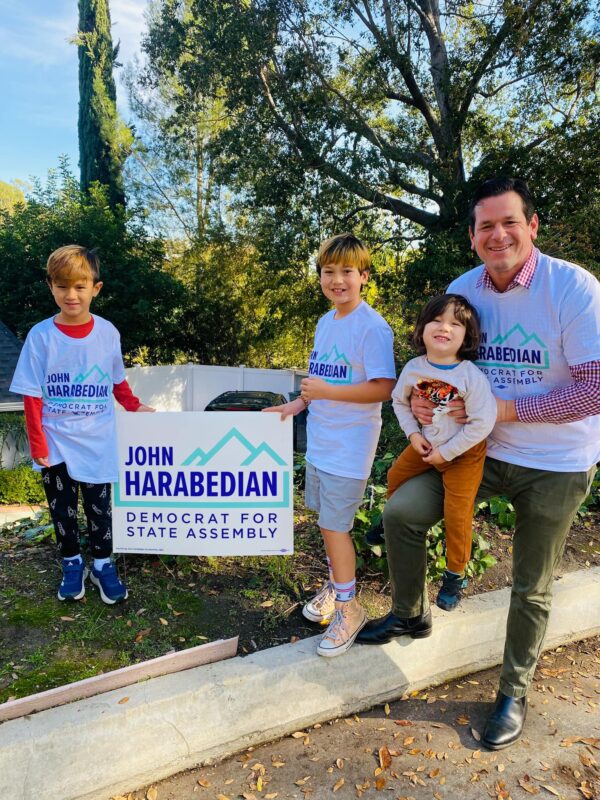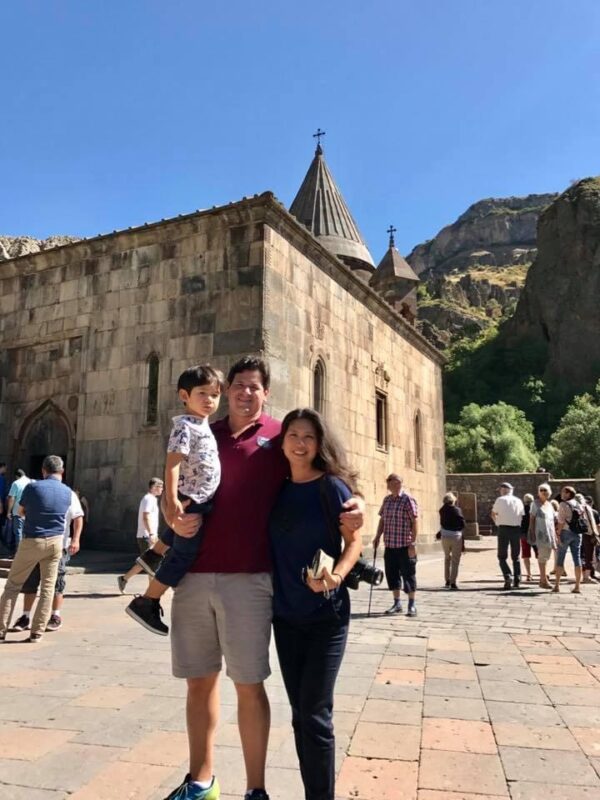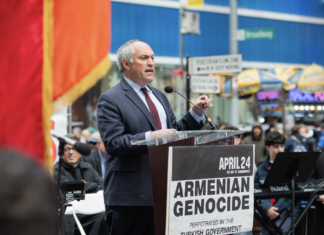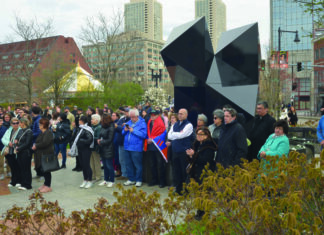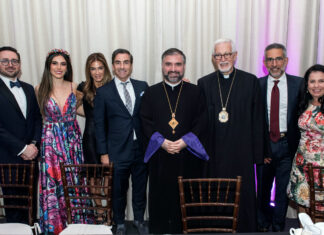PASADENA, Calif. — There are a new generation of Armenian-Americans vying for office in California — and just in time, as this year there are no Armenians serving in the state legislature despite the large local population. John Christopher Harabedian is a promising member of this group, running for State Assembly District 41, which includes the cities of Pasadena, La Cañada Flintridge, La Verne and Sierra Madre. A Democrat, he appears to be a frontrunner at least in fundraising, with $827,000 in hand on December 31, of which $621,589 is cash.
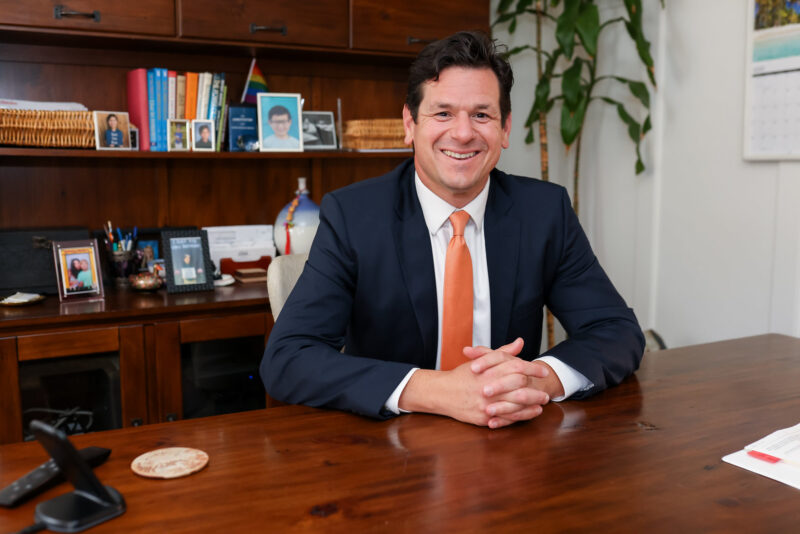
Entering Politics in Sierra Madre
He is a native of Sierra Madre, and it seems has always been thinking politically, even as a child. He ran for student council in 5th grade, and he recalls how his parents taught him a lesson in leadership. They asked why he wouldn’t want to be in a position where he could make decisions and changes, and if he wouldn’t do it, who would? This advice led him in 8th grade to become class president of St. Rita Catholic School and to run for student government in Loyola High School and Yale University as an undergraduate (where he studied political science).
Harabedian said: “If you believe that you, your community, your identity, whoever you think you are representing, needs representation, don’t expect anyone else to step up, because most people don’t want to do this.” He summed up his philosophy in one simple principle: “If you are not at the table, you are on the menu.”
He earned a master’s degree in comparative social policy from Oxford University in 2006, and a law degree from Stanford University in 2010. Only two years later, in 2012, he won election to the Sierre Madre City Council, and was reelected in 2016. While on the council, he served twice as mayor of his native town, which is basically a rotating position chosen from the five council members. He said, “I loved not only serving my neighbors and my constituents, and the whole town where I grew up, but also being able to solve problems, and think creatively about basic issues of public safety, infrastructure, clean energy.”
When he was elected, he said that there was a million-dollar deficit, so the council proceeded to adopt zero-based budgeting, meaning starting over at each budget cycle and examining every line item. Pension obligations were fully funded so that interest payments were reduced. The volunteer fire department was turned into one with full-time staff.



